 A breathless spree of manic fiction that is unflinchingly absurdist, allegorical, and disturbed, Cleave the Sparrow by Jonathan Katz is a cautionary head-trip that makes no apologies.
A breathless spree of manic fiction that is unflinchingly absurdist, allegorical, and disturbed, Cleave the Sparrow by Jonathan Katz is a cautionary head-trip that makes no apologies.
After the radical leader of the New Party, Wilder Crick, executes himself in front of 100 million people during a live U.S. presidential debate, his protégé Tom inexplicably lands as his replacement behind the Resolute Desk -moving from “terrified staffer to plausible world leader” in a matter of days.
What follows is a descent into experimental writing and narrative delusion, where the revolutionaries of the world have dedicated themselves to The Cause, an apocalyptic mission delivered by a mysterious race of machine elves, put into motion and controlled by the suicidal mastermind from beyond the grave. With the reins of power now awkwardly in his hands, the hapless Tom must decide what vision of the future he wants to impose on the fraying shreds of humanity.
Delving into the very nature of reality and our perceptions within it, the novel veers wildly from philosophical treatise to dystopian prophecy, resulting in a surreal manifesto that smacks of Burroughs, Burgess, and Philip K. Dick, with a good dash of Robert Anton Wilson. The text is rife with unapologetic critiques of oppressive contemporary systems – political, social, financial, and spiritual – both through direct commentary and the implication of what chaos our current trajectory is inviting. Having the GOP slavishly beholden to the world’s first trillionaire – an electric car maven – is one obvious example, but there are plenty of more obscure, tongue-in-cheek easter eggs for readers to discover.
Along with the gleeful lunacy that appears to fuel this existential fiasco, the prose is also peppered with asides, gut-punch koans, and gritty wisdom: “As my old mentor the Stonefish always said, there’s only two ways to live this life – open or closed.” By the same token, the writing is also jarring and provocative, memorably reflecting the bizarre and ridiculous aspects of American culture: “The year we elected the robot president, everyone was getting high all the time.” Scenes of fecal-smearing madness rub shoulders with profound-adjacent exchanges and mind-bending theories, paradoxical musings, and philosophical diatribes that betray the brilliant mind behind this scattershot collection of ideas.
The more outlandish and sci-fi facets of the plot – time travel, machine visions, astral deities – do require patience and an open mind to parse, so strangers to this genre may feel out of the loop, or not in on the post-modern joke. However, those who are familiar with this type of near-psychedelic fiction (see The Illuminatus Trilogy) will find this novel potently building on the tradition.
On the technical and editorial side, there are adjustments to be made for ease of reading and clarity. The formatting and dialogue choices are consistently distracting, particularly the lack of punctuation or distinction between dialogue and narration. In scenes with more than two characters, it can be challenging to keep track of who is speaking, and these micro-moments of uncertainty can dislodge readers from the compulsive flow of the book. The novel could afford to trim down some of the rambling scenes and passages where the pacing takes more of a dive, but this is far from standard narrative fare, and some excesses are to be expected.
Despite the occasionally inaccessible (albeit intentional) weirdness of this prophetic and punchy read, the keen-eyed observations about the absurdity of the current moment will appreciate this extrapolation of America as entirely insane. It has been said recently that the country is now too absurd to satire, as it’s hard to differentiate an ironic joke from reality, but this novel successfully pushes the satire to the absolute limit, and then some.
Available At

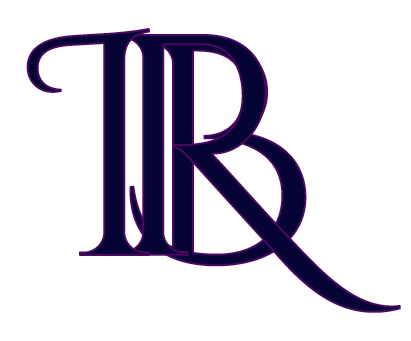

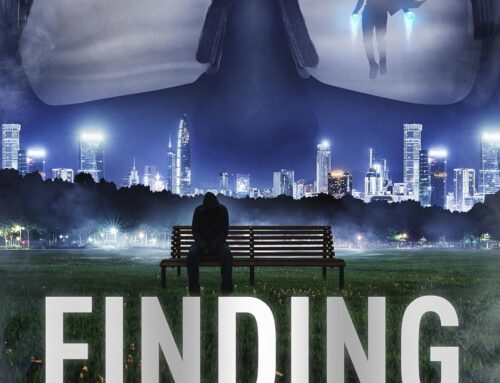
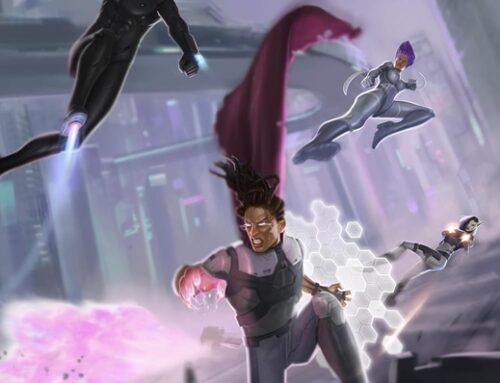




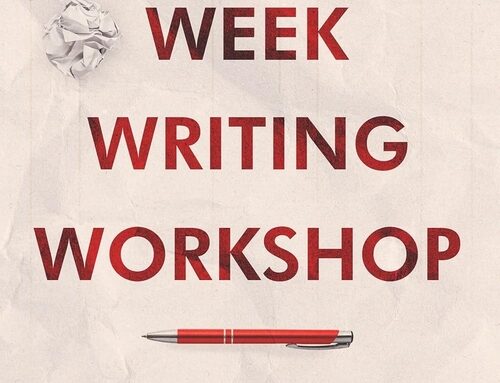

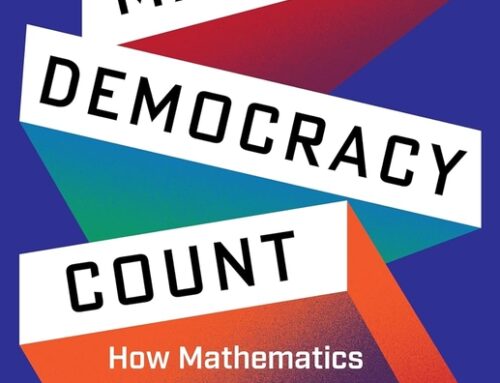
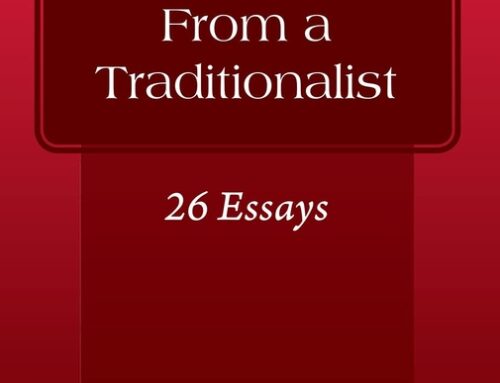
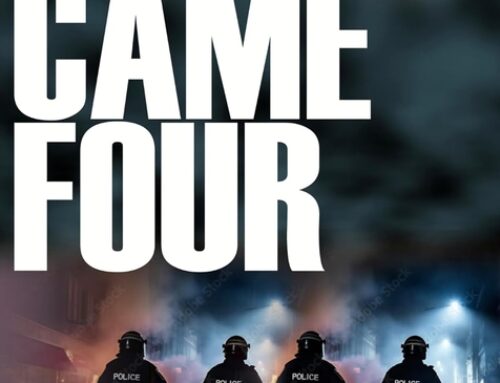
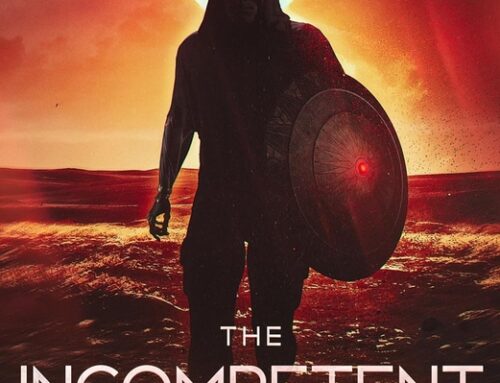



Leave A Comment